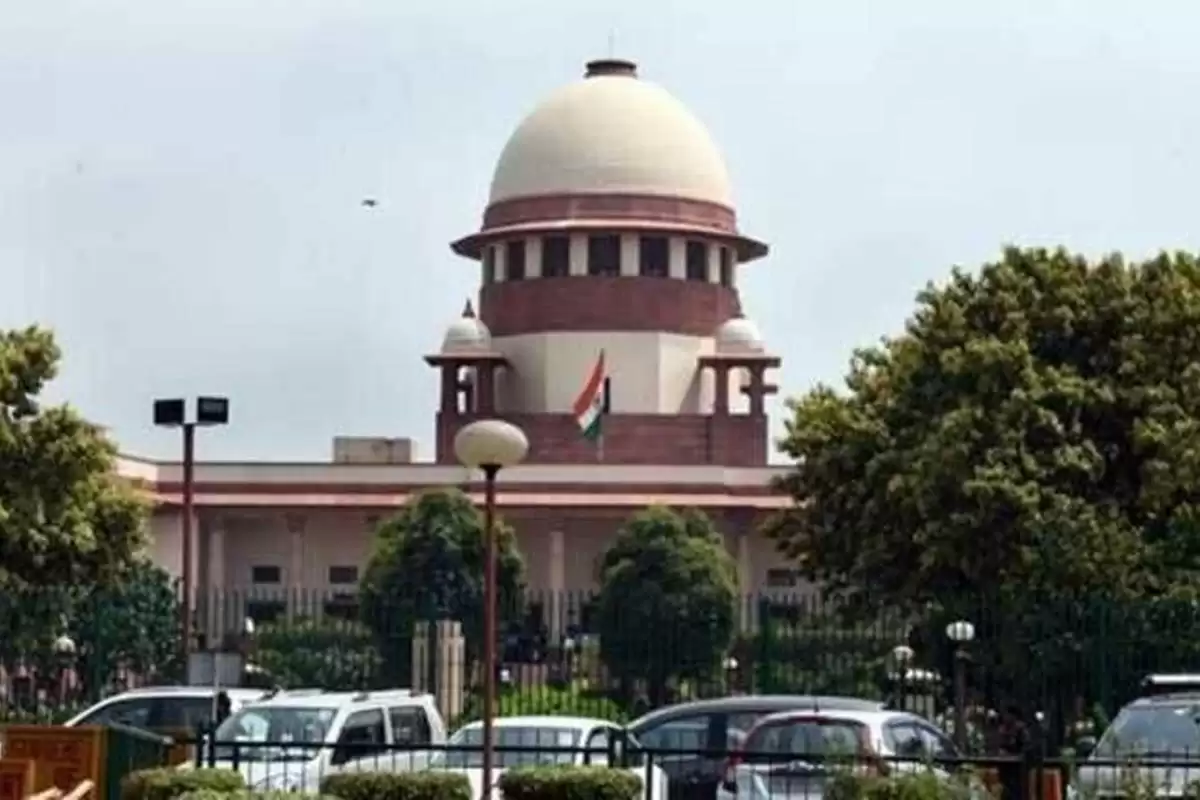
The Supreme Court expressed its concern with the government’s delay in appointing members to the District and State Consumer Disputes Redressal Commissions on Friday, saying that if the government does not want the tribunals, it should repeal the Consumer Protection Act. Justices SK Kaul and MM Sundresh of the Supreme Court said it is sad that the top court is being asked to look into and ensure that vacancies in tribunals are filled.
“If the government opposes the tribunals, the statute should be repealed. We’re extending our authority to ensure that the vacancies are filled. Normally, we should not waste time on this, and the positions should be filled as soon as possible. Regrettably, the judiciary is tasked with ensuring that these positions are filled. This isn’t a joyful position, to say the least “The bench remarked.
Read also: Centre Informs Supreme Court on No Changes in NEET Pattern
The Supreme Court was hearing a suo motu case over governments’ failure to designate presidents and members/staff of the District and State Consumer Disputes Redressal Commissions, as well as insufficient infrastructure across India. In its ruling, the Supreme Court stated that the process of filling vacancies in State Consumer Commissions as per its prior directives must not be hampered by the Bombay High Court’s decision to strike down certain Consumer Protection Rules.
As the hearing began, senior counsel Gopal Sankaranarayanan, who had been nominated as amicus curiae in the case, informed the court of the Bombay High Court’s Nagpur Bench’s decision quashing certain Consumer Protection Rules. He claimed that the Centre violated the Supreme Court’s decision in the Madras Bar Association case by enacting the Tribunal Reforms Act.
The government is in the process of submitting an appeal against the Bombay high court ruling that annulled some portions of the Consumer Protection Rules, according to Additional Solicitor General Aman Lekhi, who is representing the Centre. He informed the bench that the Centre’s Tribunal Reforms Act was not in violation of the Supreme Court’s Madras Bar Association decision, but rather was in line with it.
“It appears that the bench says one thing and you do another, and some type of embargo is being formed, and the residents of the country are suffering as a result,” the Supreme Court said. These are locations where you can get help, such as consumer forums. These are little concerns that individuals have, and they are not high-stakes issues. “The aim of establishing these tribunals to give consumer relief is not being realised,” the bench said.
The ASG argued that the top court’s decision was not violated, and that the Madras Bar standards had been properly adopted. “The administration is not treating this as an ego problem here in the supreme court or delaying the nominations,” he added. However, the Supreme Court stated, “We don’t want to remark, but this does not portray a good image.”
The Supreme Court further ordered the states to produce data in a defined format within one week, otherwise the concerned secretary must appear in court. As the session came to a close, Justice Sundresh stated that the problem requires a fresh approach, and that permanent consumer courts should take the place of ad hoc consumer commissions staffed by retired judicial officers. “Like the permanent court, we need a permanent framework.” The moment has come for us to establish a permanent consumer court with justices chosen from the district and higher judiciary.
“We need to take a new approach to it.” “If we continue with an ad hoc continuing of members for 5 years, etc., we need to reconsider,” Justice Sundresh added. “What is the use of having a retired judicial officer?” the judge said. What is his motivation level, and how will he approach the situation? How do you make accountability a priority? Is it necessary for the institution’s development?” the judge asked.
Read also: Petition in Supreme Court to Take Action in Lakhimpur Kheri Violence
Consumer rights are “essential rights,” according to the Supreme Court, and the lack of personnel and infrastructure at district and state consumer commissions across the country would deprive consumers of redressing their concerns. Senior attorney Gopal Shankaranarayan and lawyer Aaditya Narain were selected as amicus curiae by the Supreme Court to assist it in the case.

